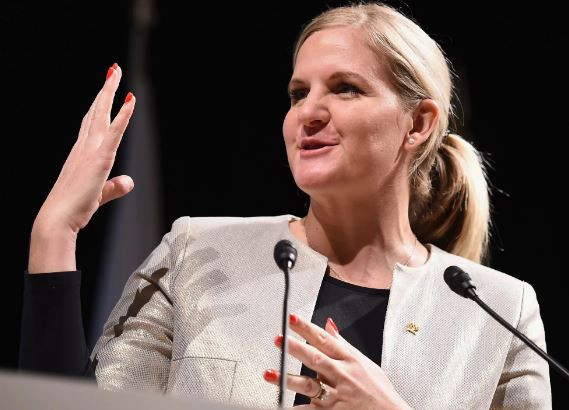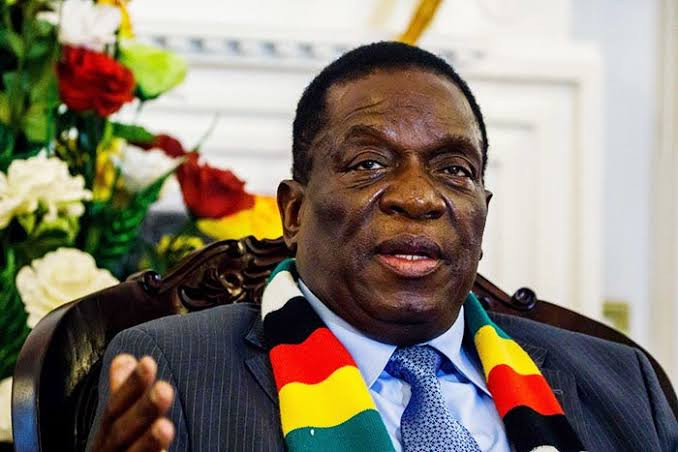
GOVERNMENT has reviewed upwards registration fees for artists and promoters, who wish to be registered and affiliated with the National Arts Council of Zimbabwe (NACZ), to help the council deliver its services effectively.
In the latest development, an artist is required to pay US$20 for initial registration with NACZ, while promoters will fork out US$650, from $1 860.
Trusts/venues are now required to pay US$500 from $560 and associations, which used to pay $260, must now pay US$250.
The fee for local show clearance has been pegged at US$100 per month, while for engaging foreign artistes, NACZ will get 5% of gate takings or US$1 000.
An arts group will pay US$50 for initial registration and the same fee for annual renewal.
The council will pocket 5% of the invoice for clearance of broadcasting, sound and musical equipment.
The changes announced by Youth, Sport, Arts and Recreation minister Kirsty Coventry, in terms of section 35 of the National Arts Council Act through Statutory Instrument 46 of 2023, were published in the Government Gazette last week.
These regulations may be cited as National Arts Council of Zimbabwe (General) (Amendment) Regulations 2023 (No 3).
- Another star plots DeMbare exit
- Biti’s applications for referral to Concourt continues
- Biti plays political card in assault case
- Paranoid Zanu PF regime cannot be trusted with solving Zim’s problems
Keep Reading
“The registration fees stipulated may be payable in local currency at the current interbank rate in terms of the exchange control regulations as published by the Reserve Bank of Zimbabwe,” Coventry noted.
NACZ spokesperson Rodney Ruwende told NewsDay Life & Style yesterday that the old fees structure could not adequately cater for its operations.
“Ideally the fees should cater for NACZ operations and development programmes which has not been the case due to the low fees. Government, through Treasury, provides the bulk of NACZ budgetary support,” he noted.
“There was no registration of individual artists. It follows calls by artists who do not work in groups like visual artists to directly affiliate with NACZ.”
Music Management Forum of Zimbabwe secretary-general and spokesperson Russell Mavudzi challenged Coventry to check on the affordability of the fees.
“It might have been better to increase in stages for stakeholders to adjust and to allow artists to build trust in the arts body. Development is vital, but it might be over-ambitious to expect such type of development overnight,” he said.
“We, however, would like to encourage all stakeholders to register as this might be a start to help strengthen the arts industry in Zimbabwe. We can have the basis to hold NACZ accountable should our industry stay the same.”
Mavudzi expressed concern over artistes who perform for free at some government events.
Zimbabwe Female Gospel Artistes Association president Mharidzo Hetisani said the new fees would prompt arts institutions to be more active.
“These fees are quite okay because they were too low. When we registered in 2019, we paid $25 and we renewed our certificate in December with just $600. The prices were too low,” she said.
“We used to discuss these fees with other registered associations and we wondered if NACZ was getting any meaningful amount in total.”
Cinema Society of Zimbabwe spokesperson Richard Tentone said: “NACZ should have more training programmes and facilities that are available for registered artists as part of its value proposition to justify the high fees.”
“Charging US$20 to individual artists is excessive for a struggling film sector.”






